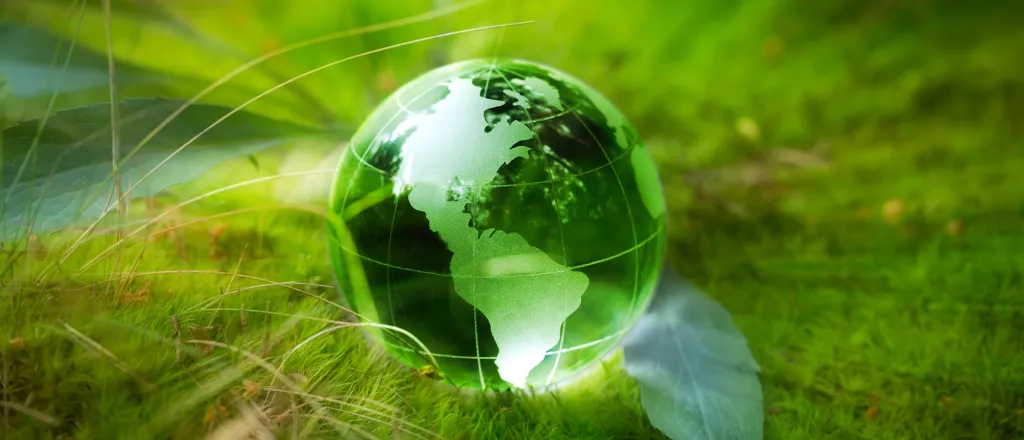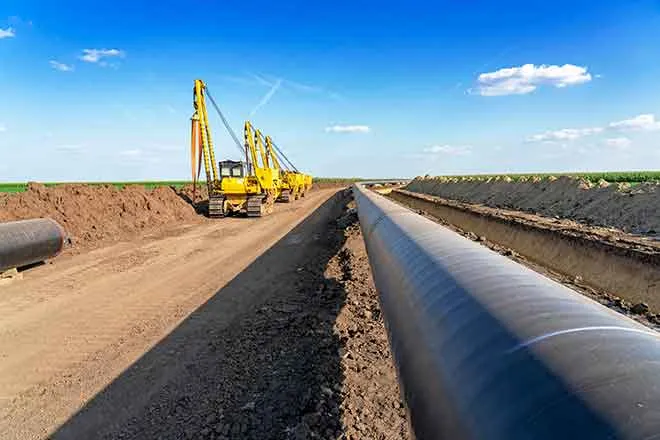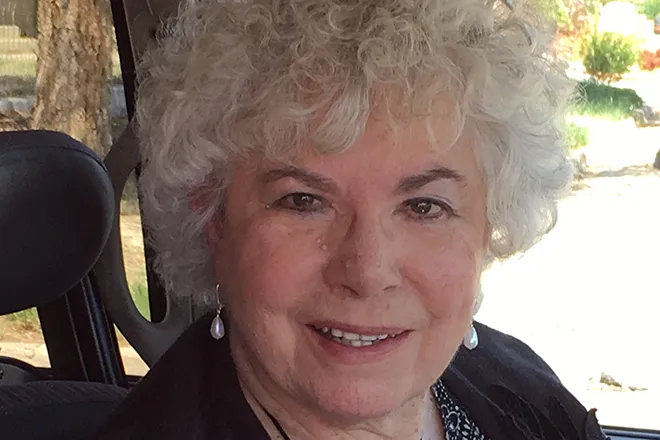
EarthTalk
© iStock
Dear EarthTalk: I hear a lot about Patagonia doing the right thing by the environment, but what about the rest of the outdoor gear and apparel industry? --Jean Phillips, Hamilton, NY
It’s true that Patagonia has long been a leader in sustainability initiatives. More than two decades ago the company switched over to organic cotton and soon started examining the environmental impact of every step in its supply chain. The next step was to start making fleece from recycled soda bottles — and eventually from its own worn out fleece products. Later, company founder Yvon Chouinard spearheaded One Percent For the Planet, a non-profit coalition of 1,200 outdoor gear and apparel makers committed to contributing at least one percent of annual sales to environmental causes. Patagonia has also supported the work of thousands of grassroots environmental activism campaigns through its grants program. And more recently, the company kicked off its Worn Wear program to take back and repair or recycle any of its clothing or gear so the materials can live another lifetime.
While Patagonia may be the acknowledged leader in sustainability-oriented gear, it’s far from the only player in the game. The North Face, Osprey, Marmot, Outdoor Research, Columbia, Keen, PrAna, MSR, NEMO, Cotopaxi and others are also blazing new trails when it comes to greening their products and processes. And this common interest in doing the right thing has led most companies in the industry to unite behind common standards and best practices. To wit, 200 apparel, footwear and textile companies concerned about their industry’s environmental impact joined forces in 2011 to create the Sustainable Apparel Coalition (SAC).
This non-profit alliance developed, maintains and updates the Higg Index, a set of standardized supply chain measurement tools that anyone in the industry can use to assess the sustainability of individual products or entire product lines. “With the Higg Index, the industry is addressing inefficiencies, resolving damaging practices, and working to achieve the environmental and social transparency consumers are demanding,” reports SAC.
And just this past April, REI, the outdoor gear coop started by Seattle climbers in 1938 that has grown into the largest outdoor gear retailer in the country, announced its own set of sustainability standards that all of the brands it sells must adhere to in order to remain on the company’s shelves. REI developed the standards with input from dozens of partner brands of various sizes and product categories.
“We work with more than 1,000 brands, both large and small. Some...are on the leading edge in integrating sustainability into their products and supply chains. Others may have a keen interest in sustainability but lack the resources to fully implement a program,” says Matthew Thurston, REI’s director of sustainability. “We’re in a unique position to unite our brand partners around a common goal, by sharing best practices and resources that we’ve learned from both our own work and that of the brands we work with.”
Now customers can search on REI’s website for keywords such as “organic cotton” or “fair trade” and find products from any number of different manufacturers that match not only their particular gear need but also satisfy their conscience as well.
















